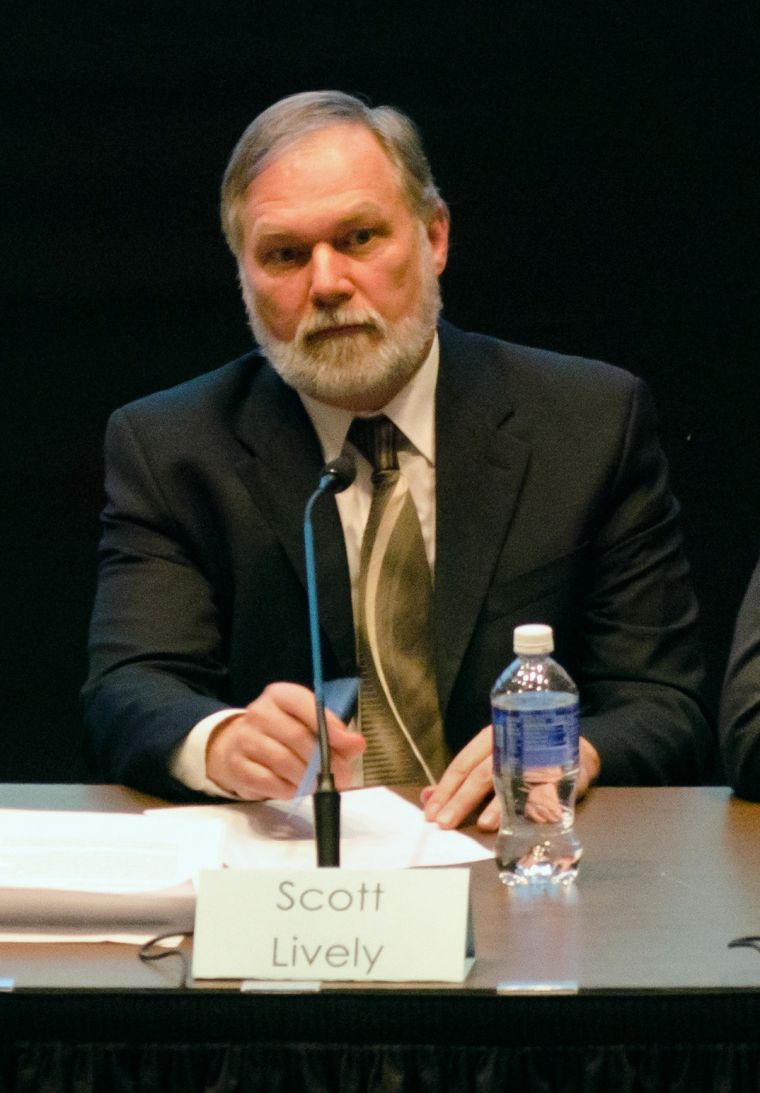'Crackpot bigotry'? Anti-gay pastor Scott Lively appeals against judge's 'prejudicial' comments
Anti-gay pastor Scott Lively, who was cleared of charges related to his campaign against gays in Uganda, is filing an appeal against the language used by the federal judge in his ruling.

In March 2012, Sexual Minorities Uganda (SMUG) sued Lively for his role in what it said was the persecution of LGBT people in Uganda.
The suit charged that Lively in his multiple visits to Uganda between 2009 and 2012 had preached that homosexuality was akin to a disease and spread to children by Western sadists. Lively had been accused of 'instigating and directing' the persecution of hundreds of gay people in that country, leading to people being subject to imprisonment, physical injury and death.
Although he won a victory in court last week, the US pastor still filed an appeal against District Court Judge Michael Ponsor, who had described his views as 'pathetic'.
While ruling that the suit lacked the jurisdiction for it to proceed, Ponsor had highly critical words for Lively, whose beliefs on gay people the judge said ranged from 'the ludicrous to the abhorrent'. Ponsor said he was advancing 'crackpot bigotry'. Further, Ponsor wrote that he believed Lively violated international law by 'aiding and abetting efforts to demonise, intimidate, and injure LGBT people in Uganda'.
Lively's attorneys said in a statement that Ponsor 'improperly littered his order with a prolonged tirade against Lively, badly distorting his Christian views and activism'. Liberty Counsel, a conservative pro-Christian legal group representing Lively, argues Ponsor had no right to make such claims.
In a statement, Liberty Counsel chair Mat Staver said that Ponsor's only job was to acknowledge the facts to reach a decision for the case.
'Judge Ponsor allowed his support for the LGBT agenda to enter an opinion and make prejudicial findings laced with defamatory statements that are both illegal and unbecoming,' he said.
'The statements are so far outside the norm that we have filed an appeal to ask that these prejudicial and unnecessary statements be stricken.'











